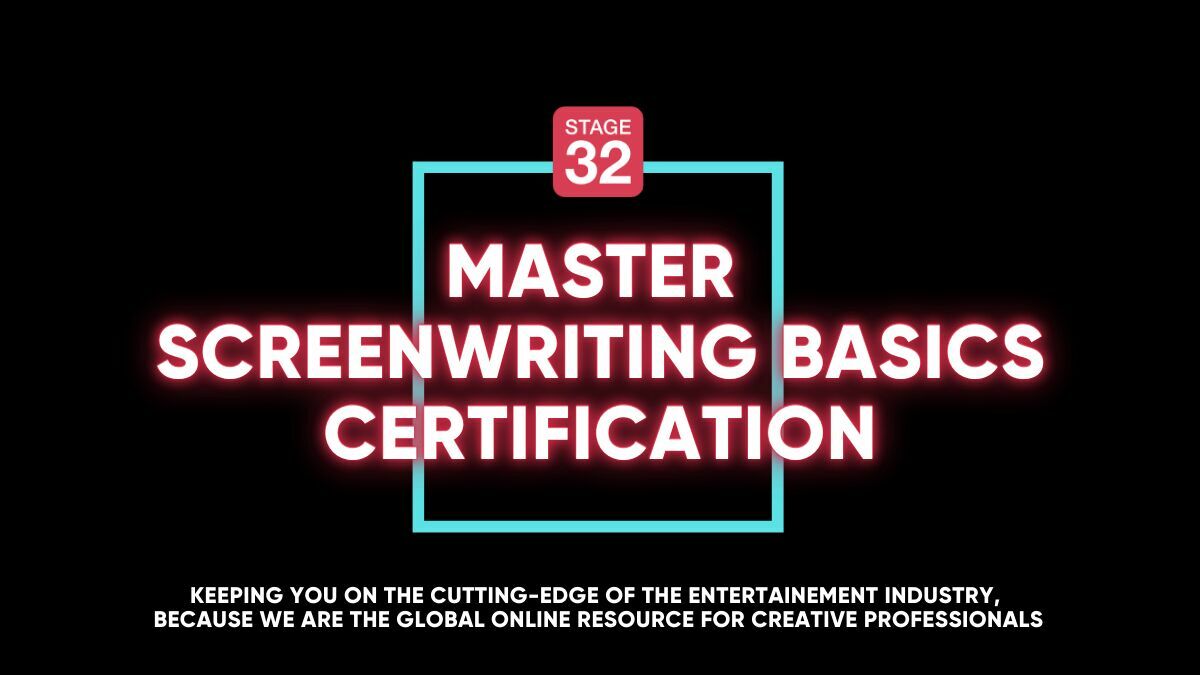
In the world of film, there's a common phrase that often gets thrown around: "it's been done." This absolutely would make me stop an entire meeting and snap a pencil right in half. I would make sure that the silence in the room would be absolutely deafening. I would give the person a look of death.
It’s this very phrase that poisons the purity of the wellspring called creativity and imagination.
It’s not any different from having a child be playful and then suddenly being too serious and unlimited, so you could stifle and stop all of their creativity.
It's a phrase that immediately stops everybody before they even begin, putting an early sword stabbed into the developing creativity and limiting the mental potential for innovative ideas.
This phrase to me is frustrating for those who understand the principles of applied imagination, as developed by Alex Osborne. This has absolutely changed my life as a person who understands the ideas.
Osborne's teachings tell me the importance of deferring judgment when brainstorming ideas. Instead of immediately dismissing an early idea as unoriginal or unfeasible, Osborne believed in cultivating ideas to their fullest potential. I do believe in the same philosophy.
This means generating a large quantity of ideas without judgment, and then finding the overlap between them to create something truly unique and innovative. By doing so, even seemingly mediocre ideas can contribute to the creation of a stellar, incredible concept. We see the opposite today.
We see people throwing down the phrase and completely destroying the creative cultivation and collaboration of an entire group.
These principles are often lost in today's fast-paced film industry. People are quick to “judge” an idea prematurely, without giving it the chance to develop into something truly remarkable. Social media has gone as far as conditioning us to create snapshot judgments on three seconds flat. Objectivity is a lost art.
This limits the potential for creativity and innovation, and stifles groundbreaking ideas.
As someone who is passionate about film and the principles of applied imagination, I believe it's important, to educate others on the value of these principles.
Applied imagination is not just about creating art for art's sake; it's about finding solutions and pushing boundaries. Pushing the boundaries of creativity needs to be done one small step at a time. It’s like finding the edge of a comfort zone, and then going mildly outside of it. To the fringe and to the edge.
It's about using creativity to solve problems and create something truly extraordinary. If Mike Tyson studied all of the famous Warriors, then I would be that one person who studied all the famous creative people. It was to open my heart and mind.
Sometimes this level of creativity extend only to the bounds of what a human being considers the limits.
On a set, the principles of applied imagination can be invaluable. It can help Directors find creative solutions to logistical problems, develop innovative storytelling techniques, and push the boundaries of what is possible in filmmaking.
I’m a very good planner, and like to plan a great deal, yet things can occur, and it is sometimes crucial to have a mindset that is solution oriented, and that ability comes from the objectivity and avoiding hooking your feelings into the problem, yet looking for solutions that can augment and shape an entire story.
By embracing these very ideas, filmmakers can not only create art that inspires and entertains but also find solutions to real-world problems on set that can enhance the filmmaking process.
In conclusion, my appreciation for the work of Alex Osborne and the principles of applied imagination are as relevant today as they were when they were first developed.
Getting a group of people to defer judgment is sometimes actually difficult. I have run several creative meetings, and have worked for one of the largest creative companies in the world. The most profound thing that I’ve learned is “be playful.”
By deferring our very judgment, cultivating ideas, and finding creative solutions, filmmakers can unlock their full creative potential and push the boundaries of what is possible in the world of film.



2 people like this
Great topic, Mario Leone.
"Instead of immediately dismissing an early idea as unoriginal or unfeasible, Osborne believed in cultivating ideas to their fullest potential."
Sometimes when I think of a script idea, it starts off as unoriginal or unfeasible, but I keep working on it until it's original or feasible. Sometimes that means writing a bunch of loglines to test out the concept. Sometimes it means writing pre scenes (scenes that I write before I actually start writing the script).
3 people like this
Clearly they never read Christopher Booker's "The Seven Basic Plots". Something I think about a lot is that just about every Coen Brothers movies is a botched kidnapping. I LOVE their films, enormous fan of their work, but in a way they make the same film over and over again - a kidnapping gone wrong - and set it in Fargo with an empathetic cop or Venice Beach with a stoner or with a baby in Arizona. Nobody tells them "it's been done" and nobody should tell anyone else either.
1 person likes this
Sam Sokolow How it is executed, not a replication.
3 people like this
absolutely stunning